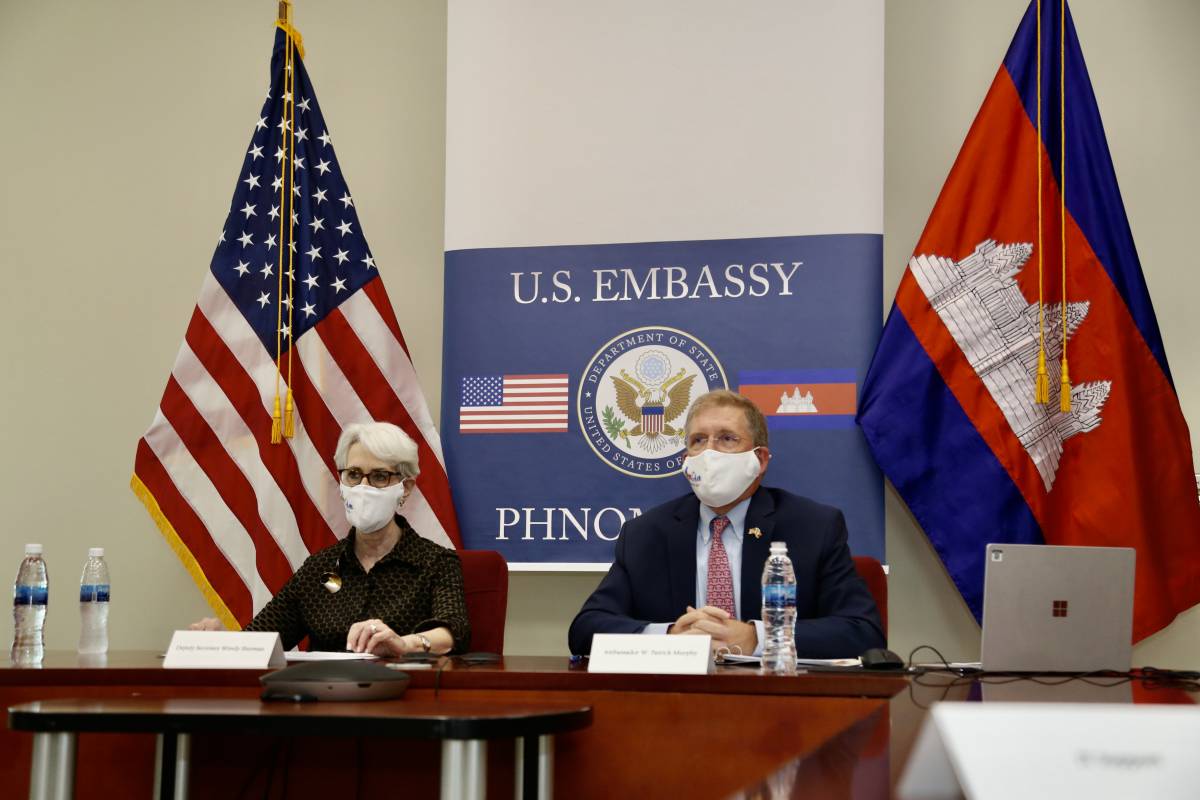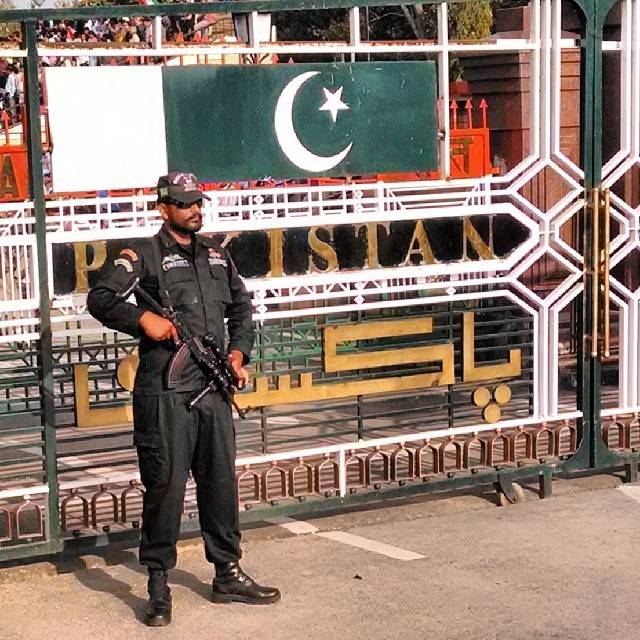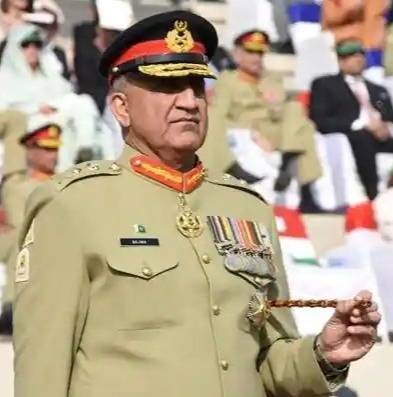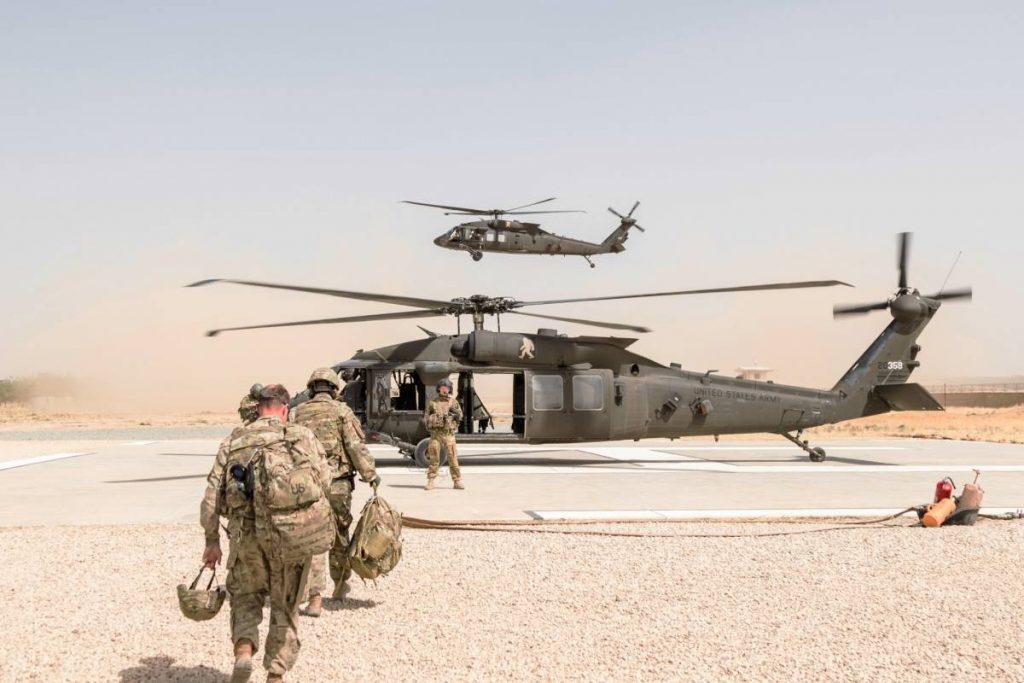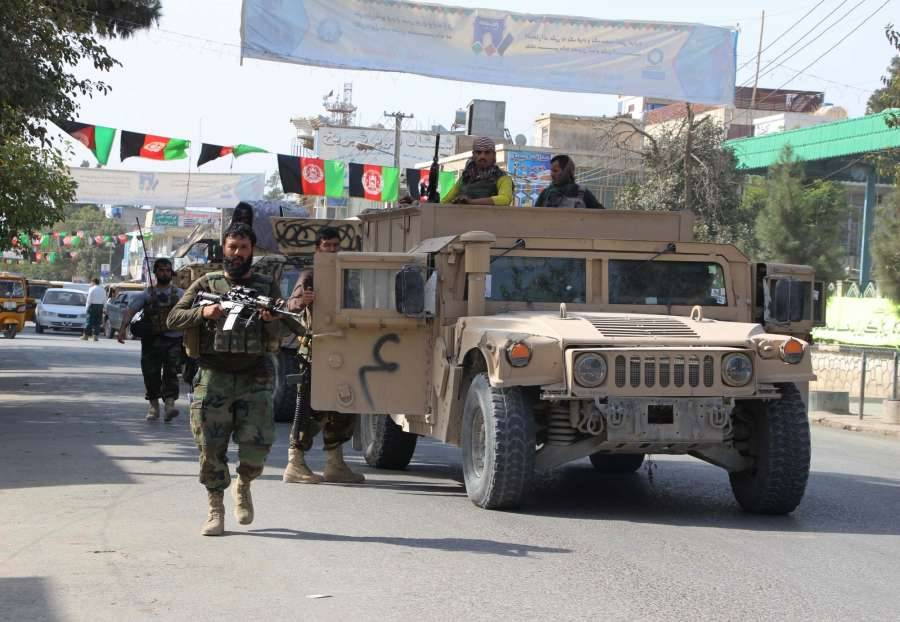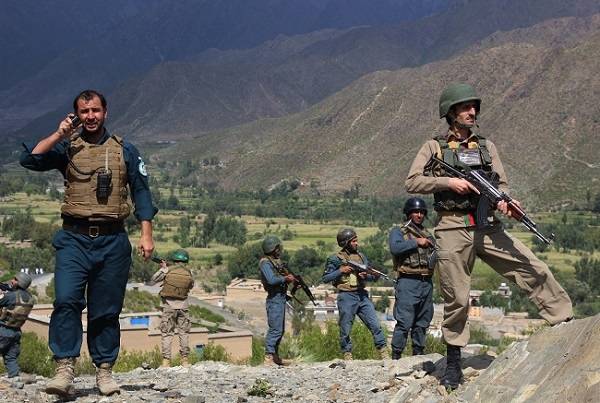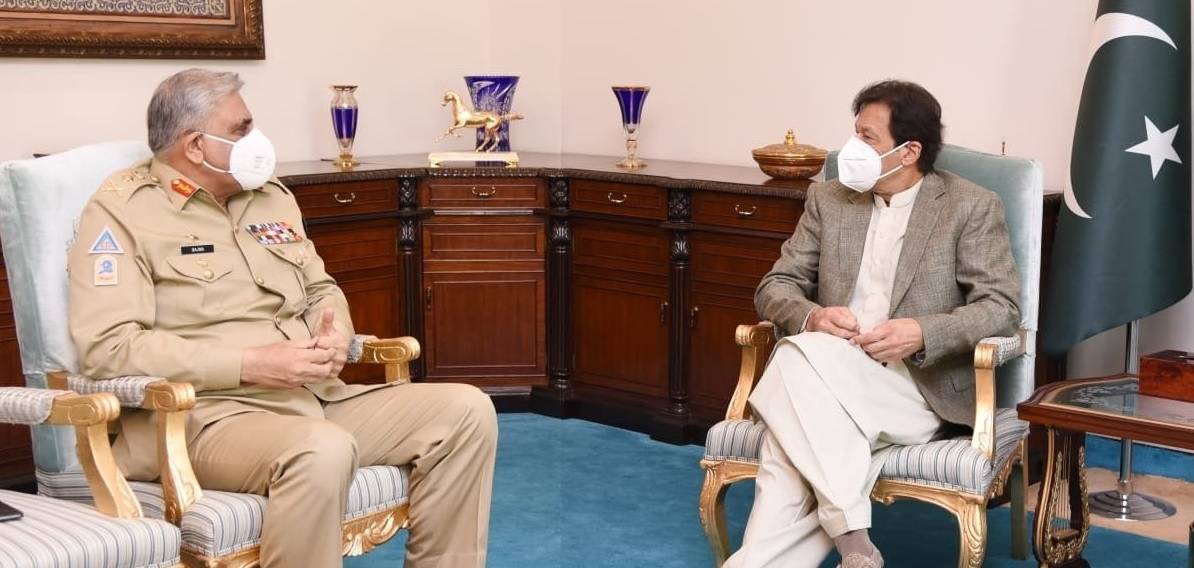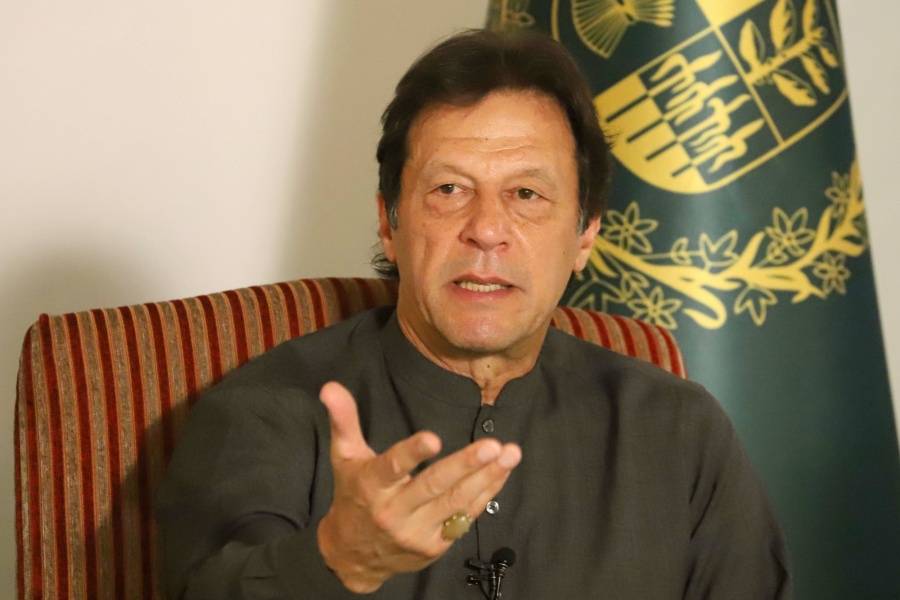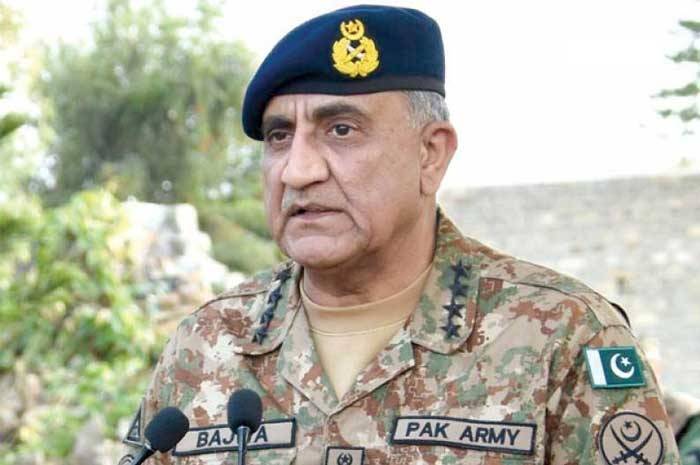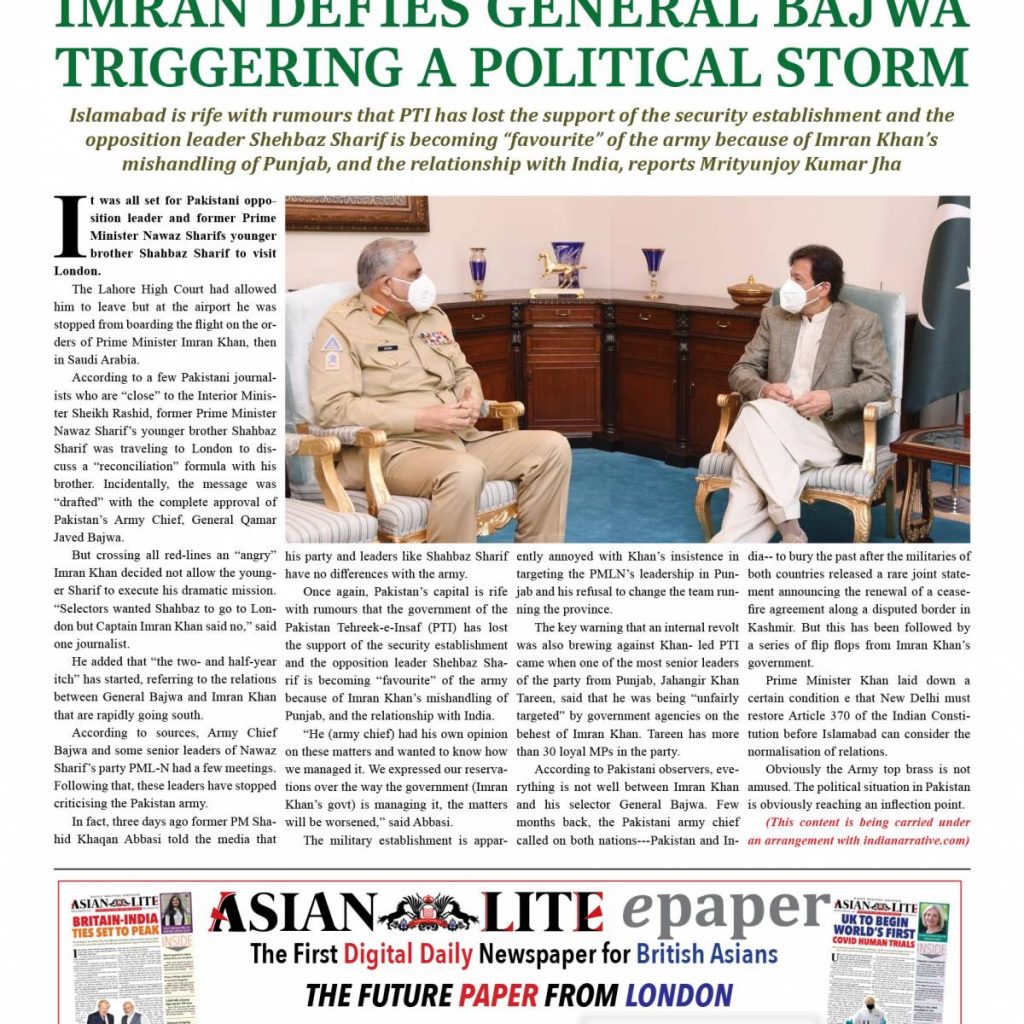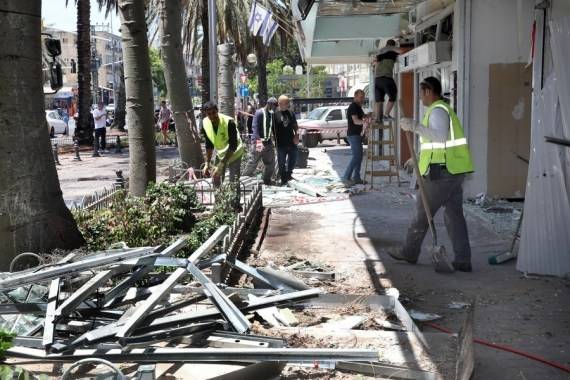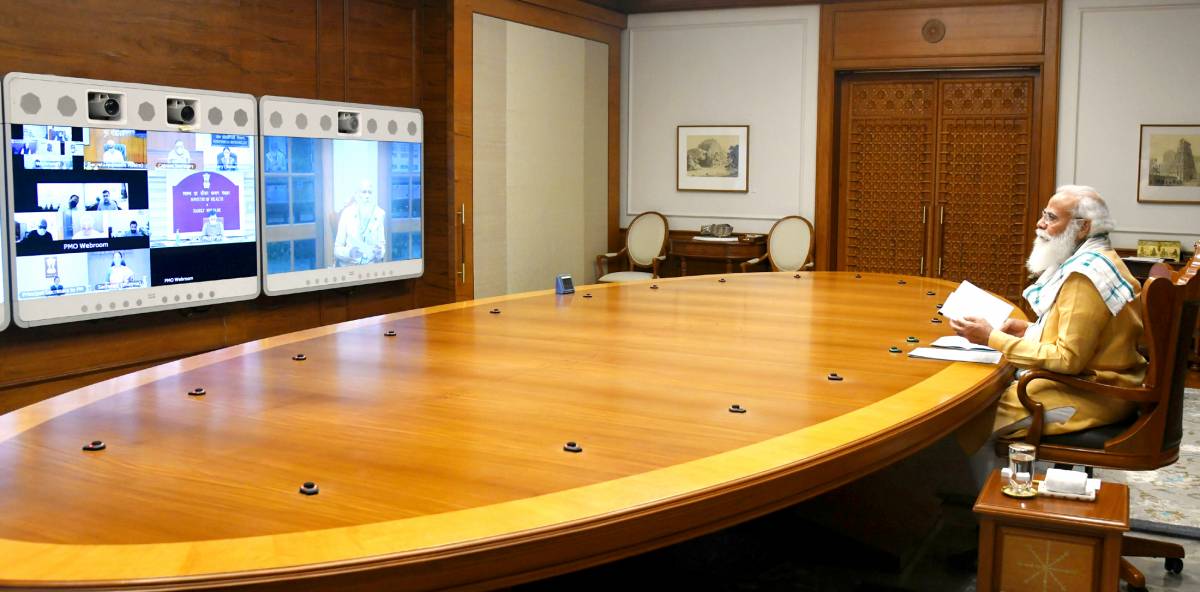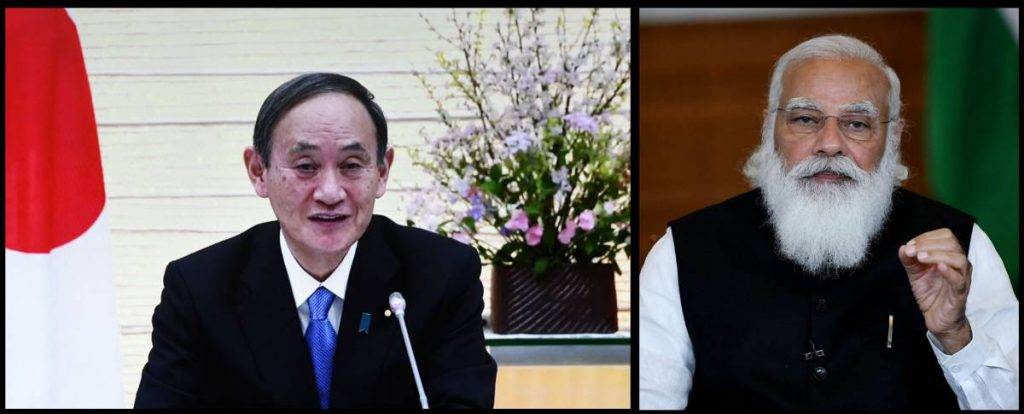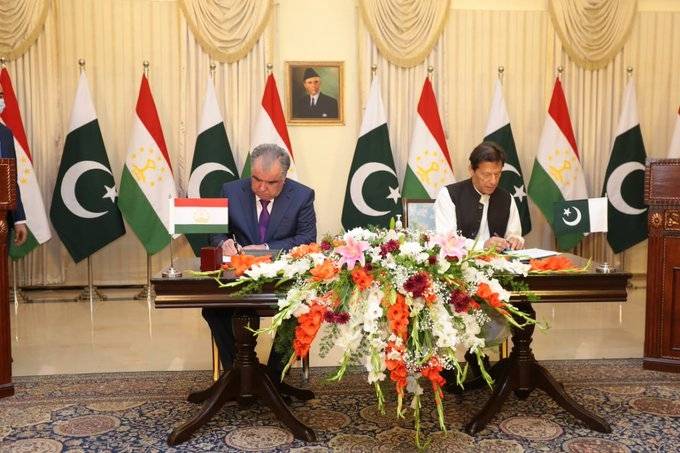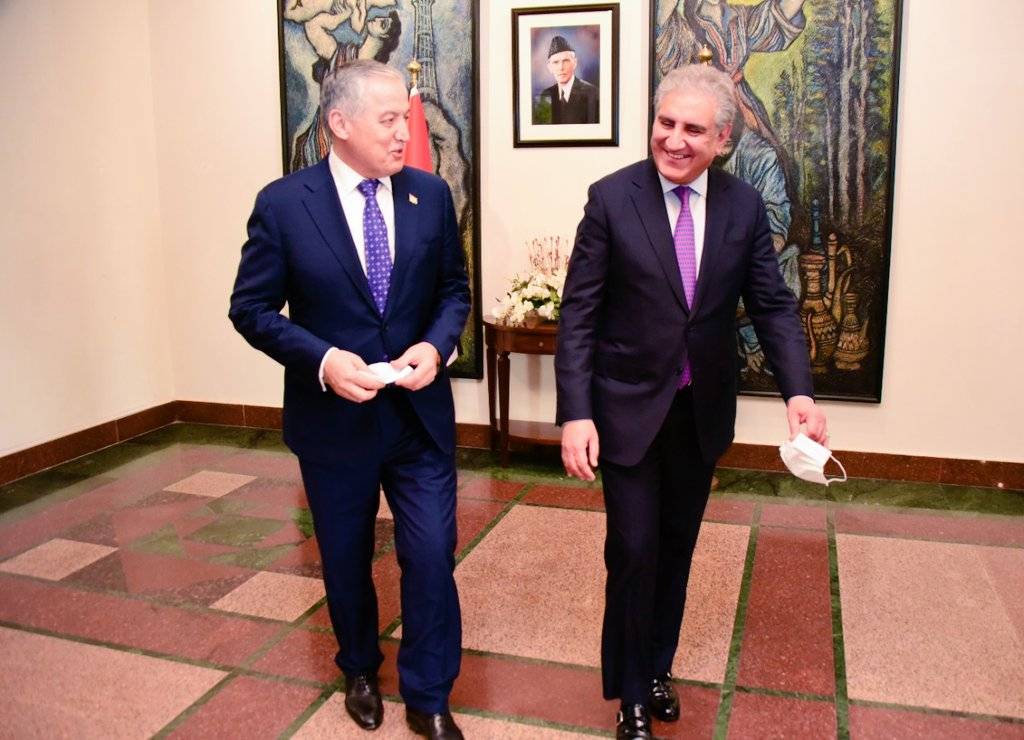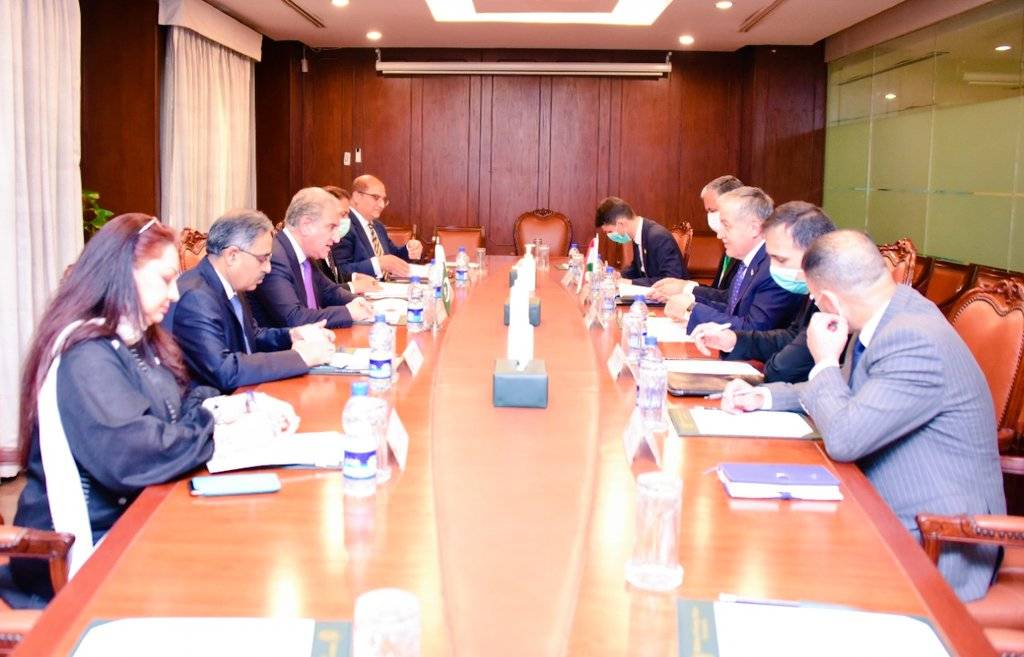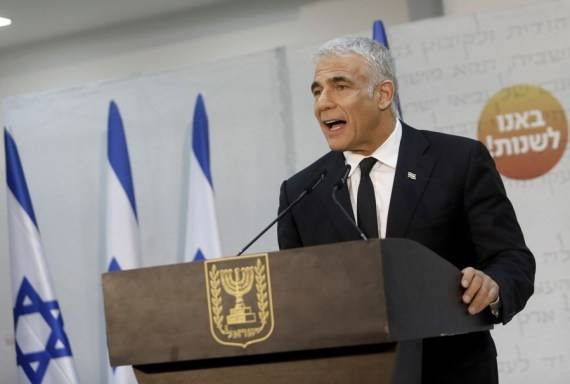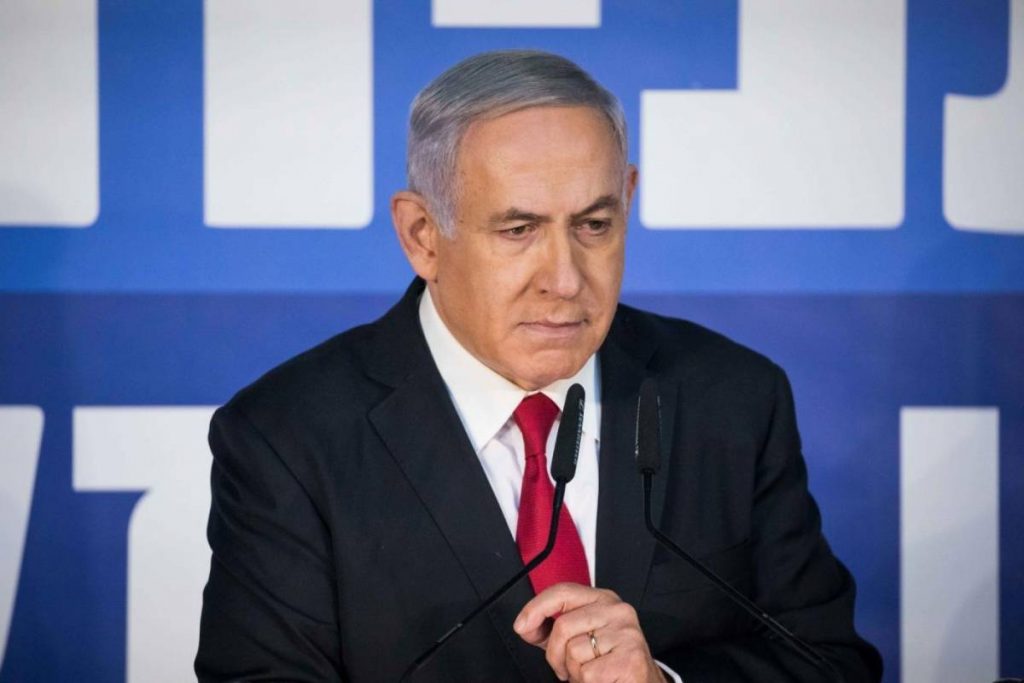The visit of Sherman on Tuesday coincided with a column from Prime Minister Hun Sen in Cambodia’s state-owned news agency. It said it was “time for the US and Cambodia, in China’s shadow, to reset ties”…reports Asian Lite News
Cambodia, China’s closest ally in south-east Asia, looks to ‘reset ties’ with US amid a landmark visit to Phnom Penh by US Deputy Secretary of State Wendy Sherman.
Chris Barrett writing in The Sydney Morning Herald said Cambodia is viewed as vassal of China, but there are signs emerging of discomfort from within the one-party south-east Asian nation about its over-dependence on the superpower.
The visit of Sherman on Tuesday coincided with a column from Prime Minister Hun Sen in Cambodia’s state-owned news agency. It said it was “time for the US and Cambodia, in China’s shadow, to reset ties”, reported The Sydney Morning Herald.
Sherman is on a regional tour that has already taken in Indonesia and includes a stop in Thailand but it is the visit to Cambodia that is most noteworthy in the context of the geopolitical rivalry between the US and China, wrote Barrett.
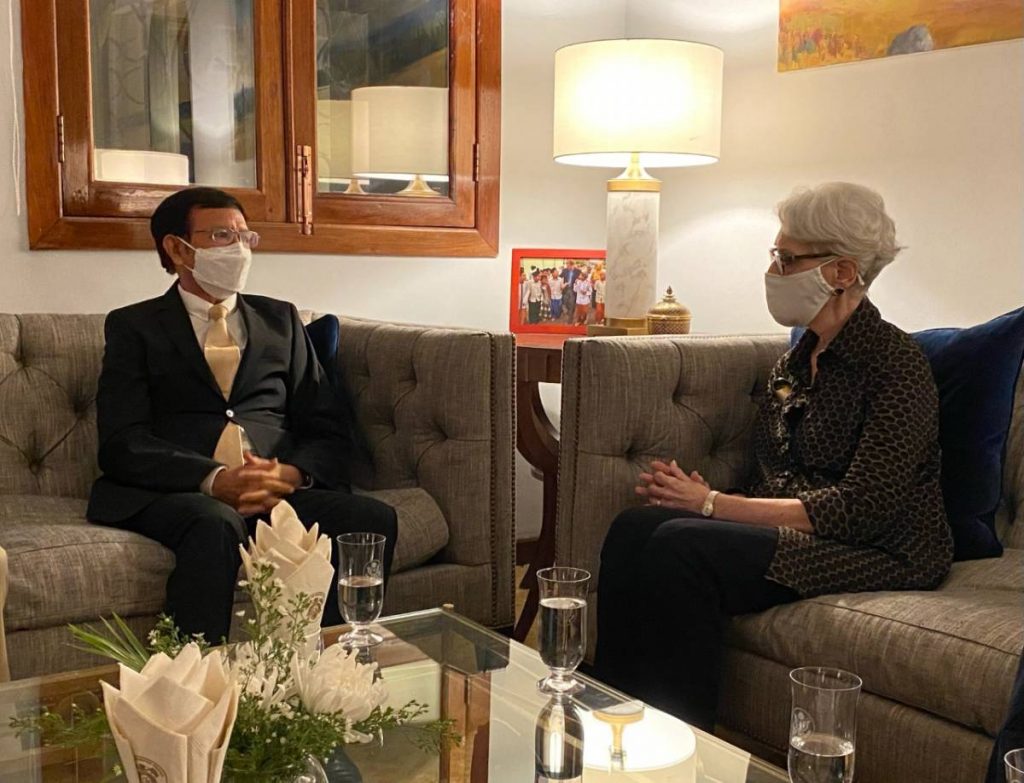
“The fact that the US Deputy Secretary of State is visiting speaks volumes to Cambodia’s degree of discomfort at the position it has found itself in, in relation to China, its investments and China’s expectations arising from those investments in Cambodia,” said John Blaxland, professor of International Security and Intelligence Studies at the Australian National University.
ALSO READ: Erdogan warns US ahead of NATO summit
“There are voices in the Cambodian government – they’re not very loud ones but they are reasonably influential – that are very uncomfortable with the degree to which Cambodia has become dependent on China.”
China has channelled billions into Cambodia in projects under its Belt and Road Initiative, most glaringly in coastal Sihanoukville, where dozens of casino developments for Chinese tourists shot up in recent years, reported The Sydney Morning Herald.
The noises being made about mending bridges with the US suggest Cambodia is seeking to find middle ground, wrote Barrett.
The issue for the US is how it can strengthen ties when it has been such a vocal critic of human rights abuses in Cambodia. The Hun Sen regime dissolved the main opposition party in the lead-up to the 2018 election and has placed nearly 150 party members on trial for treason and incitement.
Mu Sochua, vice-president of the banned Cambodia National Rescue Party (CNRP), on Tuesday questioned whether charges of treason would be withdrawn against CNRP president Kem Sokha, who was accused of colluding with the Americans in a plot to overthrow Hun Sen four years ago. Last year, the US ambassador to Cambodia, Patrick Murphy, labelled such alleged plots as “fabricated conspiracy theories”.
Blaxland, however, believes the Biden administration is playing a different tune to its predecessor, reported The Sydney Morning Herald.
“It’s not hammering Hun Sen at the moment over human rights or democracy issues. It’s just trying to engage,” Blaxland said.
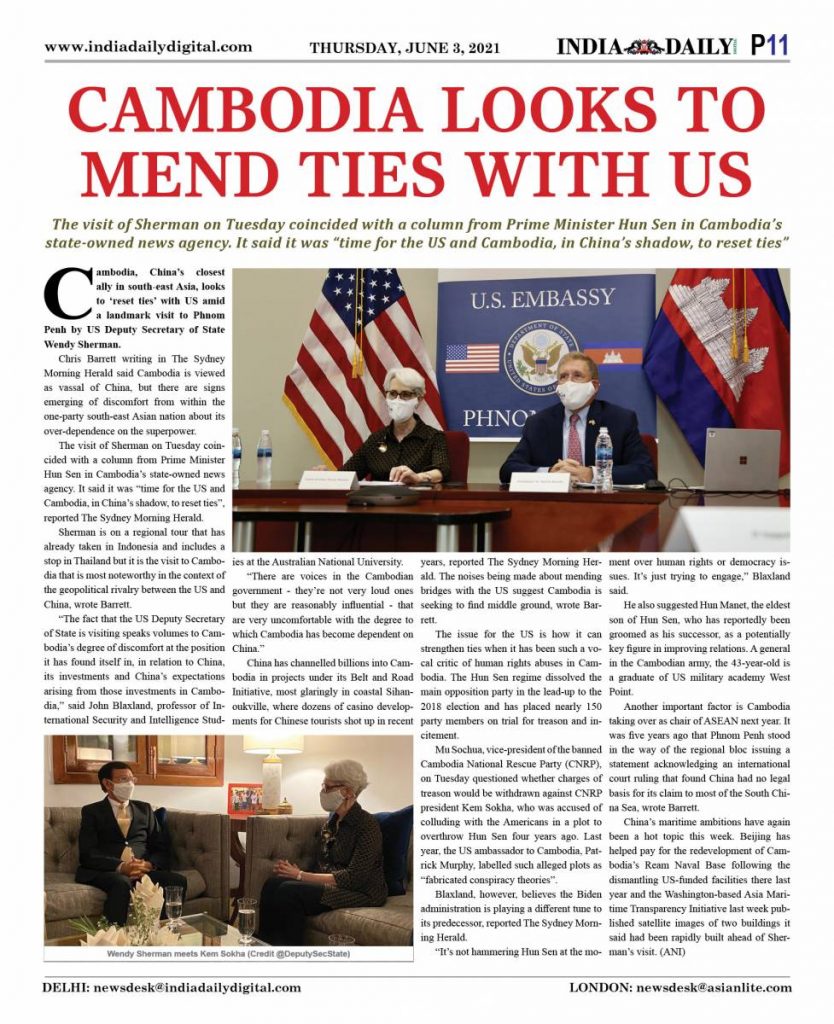
He also suggested Hun Manet, the eldest son of Hun Sen, who has reportedly been groomed as his successor, as a potentially key figure in improving relations. A general in the Cambodian army, the 43-year-old is a graduate of US military academy West Point.
Another important factor is Cambodia taking over as chair of ASEAN next year. It was five years ago that Phnom Penh stood in the way of the regional bloc issuing a statement acknowledging an international court ruling that found China had no legal basis for its claim to most of the South China Sea, wrote Barrett.
China’s maritime ambitions have again been a hot topic this week. Beijing has helped pay for the redevelopment of Cambodia’s Ream Naval Base following the dismantling US-funded facilities there last year and the Washington-based Asia Maritime Transparency Initiative last week published satellite images of two buildings it said had been rapidly built ahead of Sherman’s visit. (ANI)
ALSO READ: Choksi alleges abduction by Indian agents

